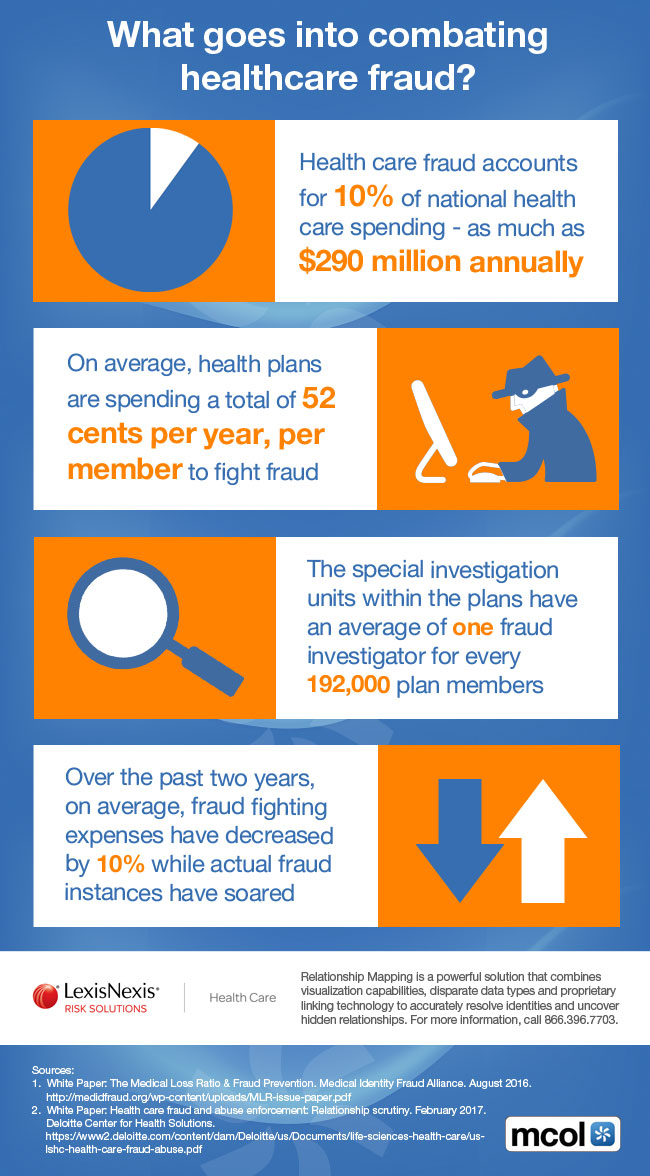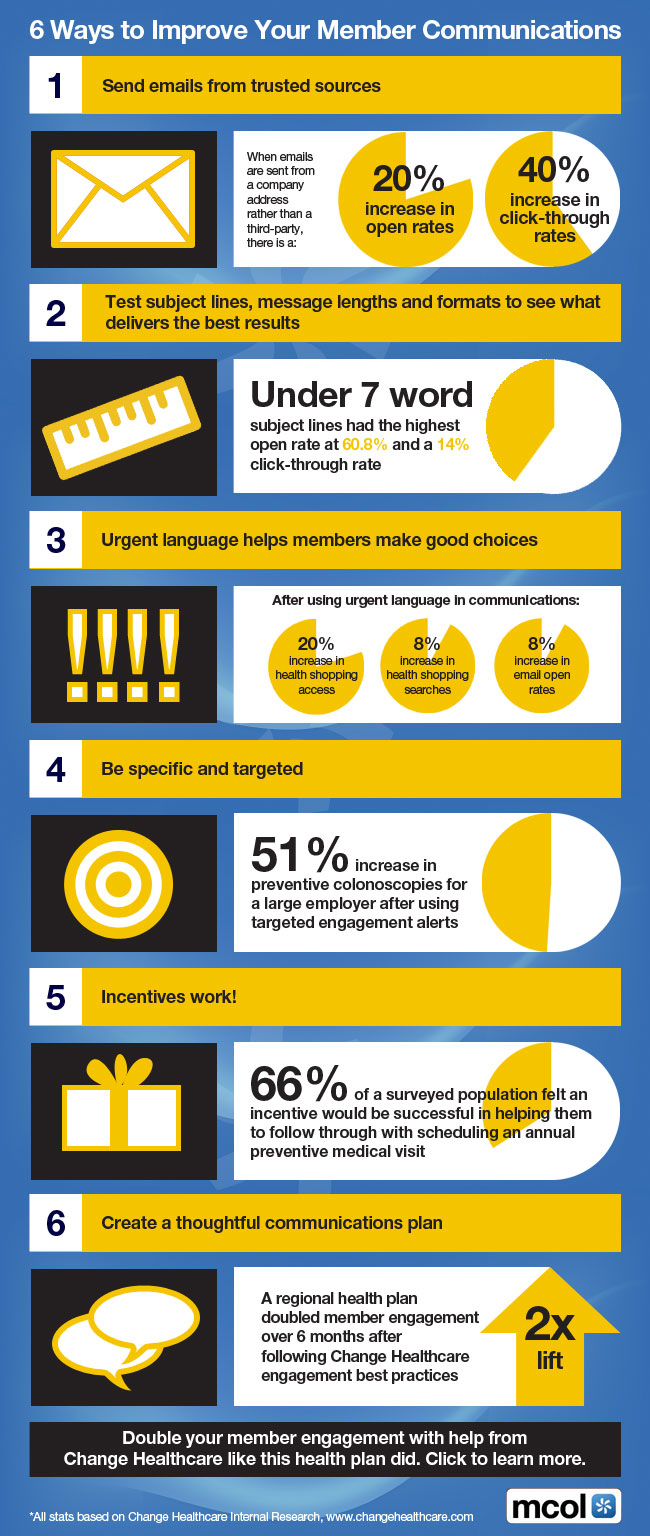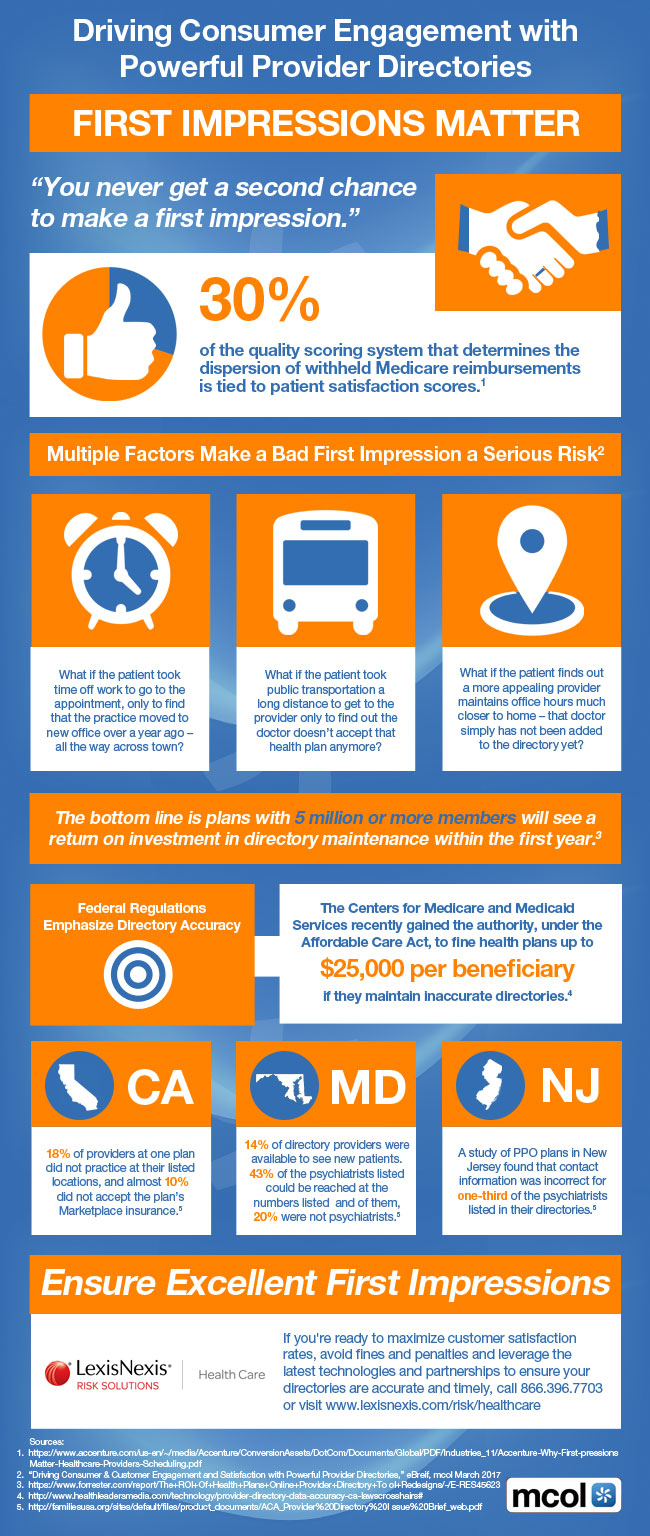Friday Five: Top 5 healthcare business news items from the MCOL Weekend edition
Every business day, MCOL posts feature stories making news on the business of health care. Here are five we think are particularly important for this week:
House May Need to Vote Again on GOP Obamacare Repeal Bill
House Speaker Paul Ryan hasn’t yet sent the bill to the Senate because there’s a chance that parts of it may need to be redone, depending on how the Congressional Budget Office estimates its effects. House leaders want to make sure the bill conforms with Senate rules for reconciliation, a mechanism that allows Senate Republicans to pass the bill with a simple majority. Bloomberg News Friday, May 19, 2017
Price pushes Congress to follow Trump plan for more FDA user fees
HHS Secretary Tom Price pressed Congress to heed President Donald Trump's call to make the FDA rely more on industry fees — and less on taxpayer dollars — for product evaluations, as lawmakers continue work on extending the agency's user fee programs.
Politico. Wednesday, May 17, 2017
Hatch Says He’s Open to Keeping Obamacare’s Individual Mandate
Sen. Orrin Hatch (R-Utah) on Wednesday said he wouldn’t be opposed to delaying the repeal of the individual mandate in the Affordable Care Act, making him one of the most senior Republicans to float the idea. Morning Consult. Wednesday, May 17, 2017
UnitedHealth Doctored Medicare Records, Overbilled U.S. By $1 Billion, Feds Claim
The Justice Department on Tuesday accused giant insurer UnitedHealth Group of overcharging the federal government by more than $1 billion through its Medicare Advantage plans. Kaiser Health News. Wednesday, May 17, 2017
Bipartisan bill will be reintroduced to force pharma to justify price hikes
A bipartisan group of lawmakers will re-introduce a bill on Tuesday that would require drug makers to justify their pricing and provide a breakdown of their expenses before raising prices on some medicines. StatNews. Monday, May 15, 2017
These and more weekly news items on the business of healthcare are featured in the MCOL Weekend edition, along with the MCOL Tidbits, and more, for MCOL Premium level members.

 Share This Post
Share This Post 





